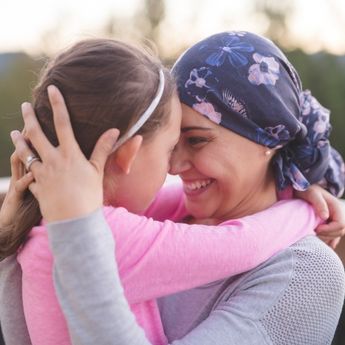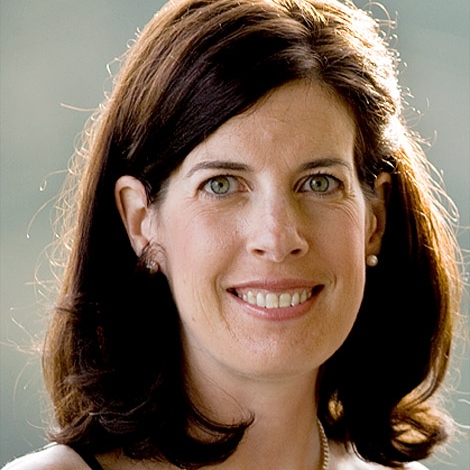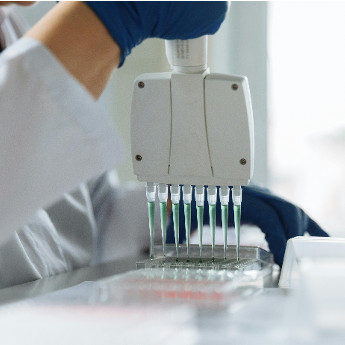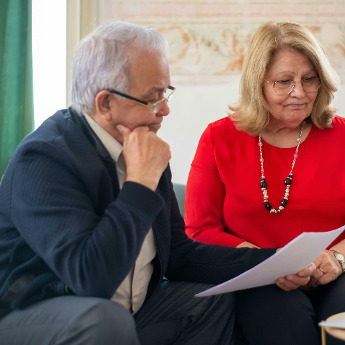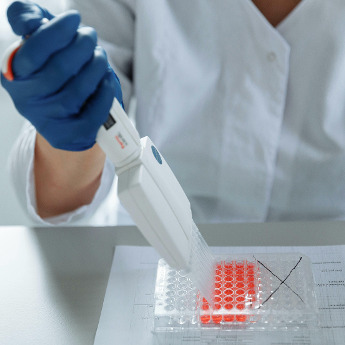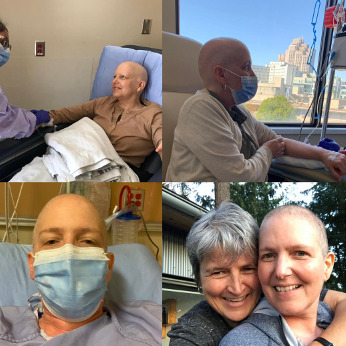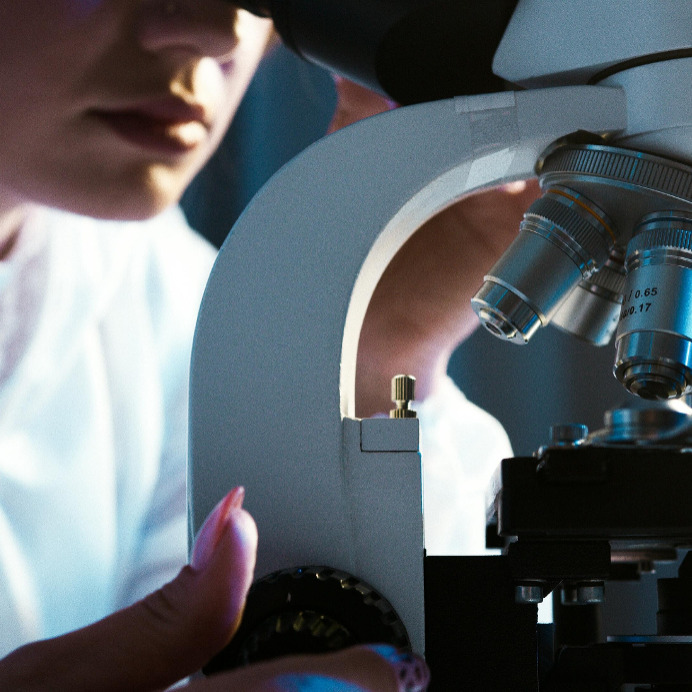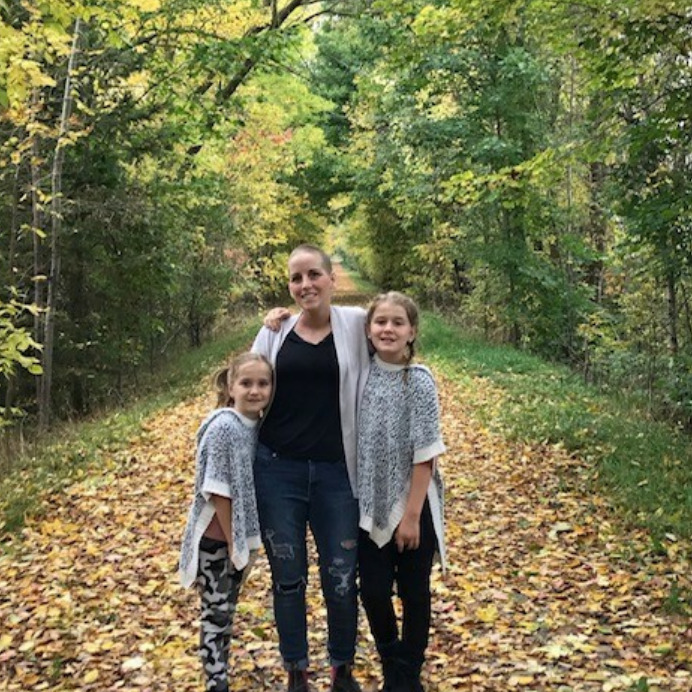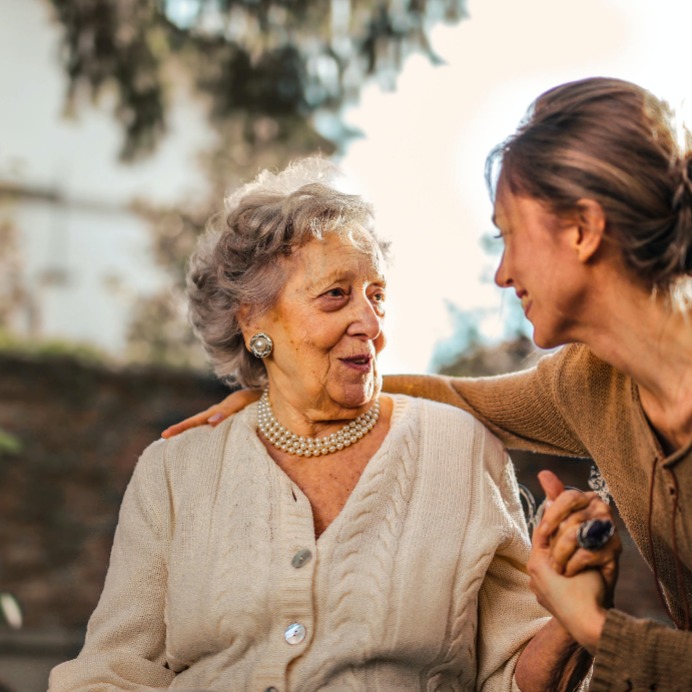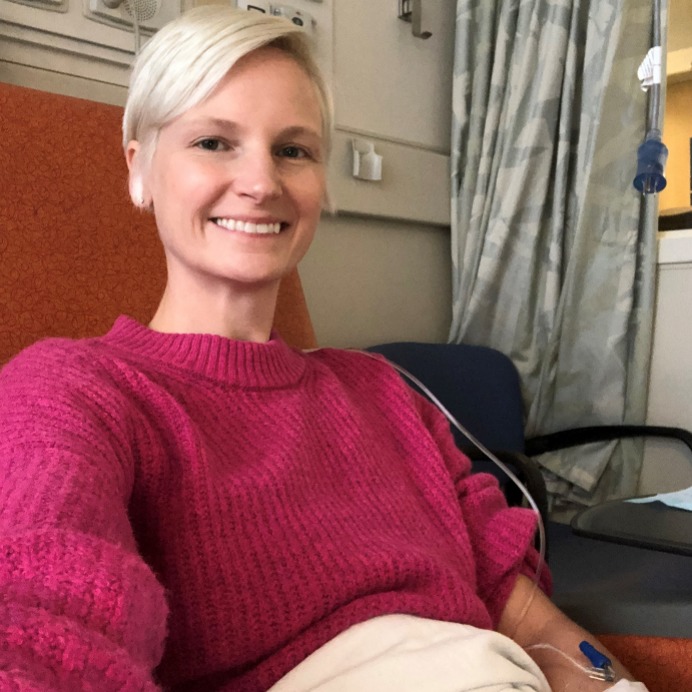By continuing to use our site, you consent to the processing of cookies, user data (location information, type and version of the OS, the type and version of the browser, the type of device and the resolution of its screen, the source of where the user came from, from which site or for what advertisement, language OS and Browser, which pages are opened and to which buttons the user presses, ip-address) for the purpose of site functioning, retargeting and statistical surveys and reviews. If you do not want your data to be processed, please leave the site.
The Voice of People With Breast Cancer
Education
Our Voices Blog
Tag : genetic testing
Assessing Eligibility to Access Genetic Testing in Canada: Jaclyn’s Access
Many aspects of healthcare access in Canada are based on where you live. Access to genetic testing for hereditary cancer is no exception. To assess and illustrate this, we reached out to our community and spoke to five women to map where they would and would not be eligible to access genetic testing in Canada in the present day. Let’s meet Jaclyn Carter and explore where she may or may not be eligible to access genetic testing for hereditary cancer in Canada.
What You Wanted to Know: Our Most-Read Blogs of 2025
From timely knowledge and practical guidance to personal perspectives and experiences, these posts sparked conversation, answered questions that were important to you, and reflected which topics our community was most interested in reading about over the past year. Here is a countdown of your favorite blogs from 2025.
Assessing Eligibility to Access Genetic Testing in Canada: Rebecca’s Access
Many aspects of healthcare access in Canada are based on where you live. Access to genetic testing for hereditary cancer is no exception. In the first articles of this series, we spoke to Mykah Obrigewitch. Today, let’s meet Rebecca Dahle and explore where she may or may not be eligible to access genetic testing for hereditary cancer in Canada.
Assessing Eligibility to Access Genetic Testing in Canada: Mykah’s Access
Many aspects of healthcare access in Canada are based on where you live. Access to genetic testing for hereditary cancer is no exception. To assess and illustrate this, we reached out to our community and spoke to five women to map where they would and would not be eligible to access genetic testing in Canada in the present day. This is Mykah's story.
Making Sense of Genetic Testing in Breast Cancer - Part 2: What to Expect and How to Access Testing
In Part 1, we looked at what genetic testing is and how it helps us understand breast cancer risk. Now let’s turn to the practical side: what to consider before testing, the possible results, how to get tested, and the role of genetic counsellors.
Making Sense of Genetic Testing in Breast Cancer – Part 1: Understanding the Basics
Genetic testing has become an important tool in understanding breast cancer risk. Whether you’ve heard about BRCA1 and BRCA2 or are just beginning to learn about hereditary cancer, knowing the basics can help you and your family make informed choices. In this first part, we’ll explore what genetic testing is, how it works, and why it matters for breast cancer.
What Are the Other Breast Cancer Genes?
While mutations in the BRCA1 and BRCA2 genes are now well-publicized, there are other, lesser-known genetic mutations which can significantly increase the likelihood of developing breast cancer as well. Understanding these genetic risks allows individuals to make informed decisions about their health, from preventive measures to early detection strategies. Here, we discuss the lesser-known genetic mutations that can also impact the risk of developing breast cancer.
Why Men Should Consider Genetic Testing for BRCA Genes
Both men and women have breast tissue, and while men don’t have the ability to produce milk, their breast cells can still develop into cancer. About 1 in 5 men with breast cancer have a close relative —male or female—who also had the disease. Research indicates that biological males make up half of the U.S. population carrying a BRCA1 or BRCA2 mutation, genes commonly linked to breast cancer in women.
When to Ask Your Oncologist About Genomic Testing
Receiving a cancer diagnosis can feel like a rollercoaster ride, and it’s natural to have a million questions swirling in your mind. One of the most important ones is whether genomic testing could help inform your treatment. Here’s a quick guide on when to bring it up with your oncologist.
Navigating the Stop Signs: A Story of Genetic Testing
My mother was diagnosed with triple negative breast cancer at the age of 30, both of which are strong indicators of a genetic mutation. My mother was quick to expose my sisters and me to the danger we may face in young adulthood following her diagnosis.
My Genomics Journey as a Breast Cancer Patient
Today, I want to dive into the role genomics has played in my journey. As an MD specialized in genomics, this journey has been an eye-opener regarding the clinical implementation of genomics and the accessibility of genomic profiling for real patients in British Columbia, Canada, and beyond. There have been good surprises and also situations where I've directly faced barriers and limitations surrounding the clinical use and implementation of genomics.
History of the BRCA 1 & 2 Genes
Before it was known that genes could be linked to various cancers, 1970s research focused largely on viruses and their role in the development of cancer. With the knowledge that family history had an impact on cancer risk, Mary-Claire King, an American geneticist, began to theorize possibilities beyond viruses and started her mission in identifying the cause of breast cancer running in families.
Questions and Experts Session Guide: A Genetic Counsellor Answers Questions about Genetics and Genetic Testing
In today’s post, we provide the questions that were sent in and asked during the live session of our Questions and Experts session held in June 2022. In this session, Rachel Mador-House, a certified Genetic Counsellor, answered questions about genetics and genetic testing. In the parentheses, you’ll find the timestamp of where to find the question in the on-demand video.
My Genetic Test Results Changed my Treatment Plans
Stacy Zelazny lives in a tiny town in Ontario, literally, she resides in a little-known place called Tiny, Ontario. Stacy describes herself as a mom of two amazing girls who is married to her best friend and winning the biggest fight of her life.
Questions and Experts Session Guide: A Medical Oncologist Answers Questions about Triple Negative Breast Cancer
A breast cancer diagnosis comes with so many questions and there never seems to be enough time at appointments to have some of these questions answered. To help address this, we developed a "Q&E: Questions and Experts" series. In this series, a variety of experts spend the entire virtual session answering pre-submitted and live questions from participants. Watching the videos on-demand might be a little difficult to get through. So, we’ve created this guide to help you get right to the questions and answers that matter the most to you.
Genetic Counselling Q&A
A genetic counsellor is a health care professional with specialized education, training, and experience in medical genetics and counselling. Genetic counsellors work with both individuals and families that have a medical, family history, or potential risk for an inherited condition. The role of a genetic counsellor is to identify families at risk for genetic conditions, provide information and supportive counselling, coordinate and review testing options, and connect patients/families with appropriate community resources.
Preventative Treatment for Hereditary Breast Cancer
If you are at high risk for developing breast cancer because of family history or because you have the BRCA1 or BRCA2 gene mutation, you have several preventative treatments to consider. These options include close surveillance, chemoprevention, and prophylactic mastectomy, with or without breast reconstruction.
Liquid Biopsy Offers New Hope for Ontario Family
Carla Van Wyck-MacDonald lives near Shallow Lake, Ontario with her husband and their four children, ages 9, 11, 13 and 14. Carla was initially diagnosed with breast cancer two years after her mother died from the same disease.
We Are All the Divine Feminine
At the very core of my being, I radiate feminine essence. I grew to understand this through the loss of a physical trait that has been deeply rooted as a symbol of femininity and sexuality for so many centuries - my breasts. At the age of 18, I was diagnosed with the BRCA1 genetic mutation just as my mother, auntie, and sister before me. This meant that I was at high risk for contracting breast cancer.
Getting Through My Worst-Case Scenario
The worst weeks of my life had finally come to an end. It had been six weeks since my lumpectomy. Six terrifying weeks, living with many unknowns, in a state of complete disillusionment. But the wait was finally over because today I would meet my medical oncologist for the first time, she would go over my pathology report, and reveal my treatment plan. Going into the appointment I felt ready to face whatever would come my way. After experiencing the darkest days of my life, I had emerged feeling strong and optimistic. I had done a lot of research and decided that the odds were in my favour, I could beat this… unless I had triple negative breast cancer (TNBC), because that was a different story. However, I wasn’t worried about that because I knew that TNBC only makes up 10-20% of breast cancers and that aside from my age, I didn’t really have any risk factors. So, there I was, full of hope, when I was hit with what I had identified as the worst-case scenario. As soon as I heard “Your cancer is triple negative”, I burst into tears. I don’t remember much of the appointment after that.



